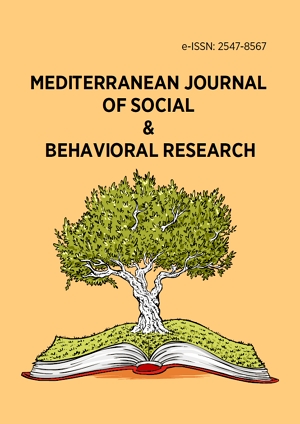Abstract
Online access of information and other purposes through social networking sites are becoming more easier day by day due to increased penetration of internet and affordability ubiquitous nature of computer devices and platforms. What is the pattern and trend of social networking sites addiction (SNA) among female undergraduate students. This study employs descriptive research design using survey method. Sampling was by simple random among female undergraduate students in two selected universities in Kwara state of Nigeria. This study engages four objectives to guide the research. Findings revealed the most popular social networking sites, factors responsible for SN usage, different causes for SN addiction and solutions to SN addiction. There was no significant relationship between age and SN addiction, while there is a strong positive significant relationship between course of study and SNA and a positive significant relationship between institutions and factors affecting SNA. It was concluded that certain factors and causes were responsible SNA among female undergraduate students. Recommendations on how to avoid SNA were provided.
License
This is an open access article distributed under the Creative Commons Attribution License which permits unrestricted use, distribution, and reproduction in any medium, provided the original work is properly cited.
Article Type: Research Article
MEDITERR J SOC BEH RES, Volume 6, Issue 3, October 2022, 75-83
https://doi.org/10.30935/mjosbr/12079
Publication date: 08 May 2022
Article Views: 2631
Article Downloads: 1615
Open Access References How to cite this article
 Full Text (PDF)
Full Text (PDF)